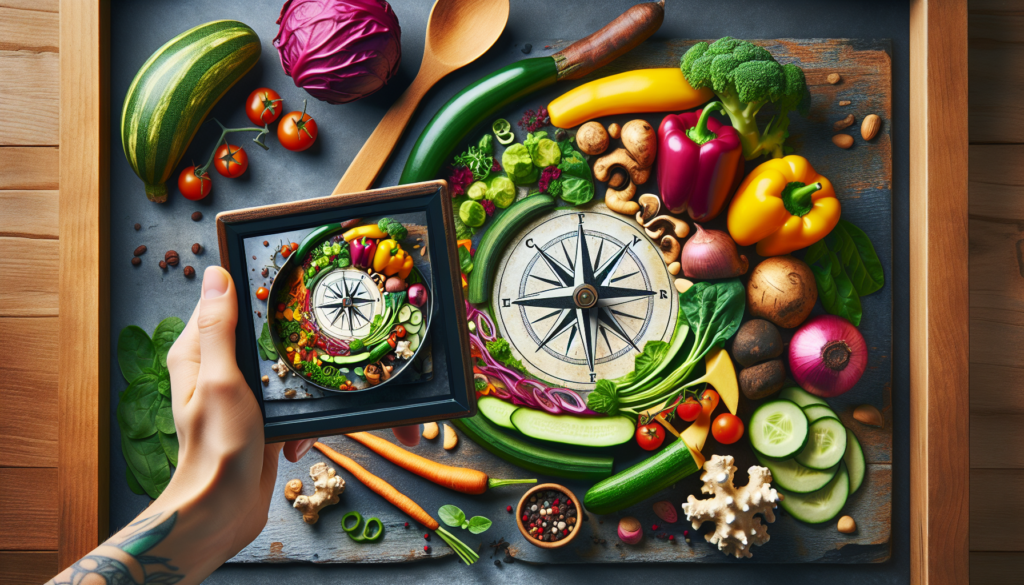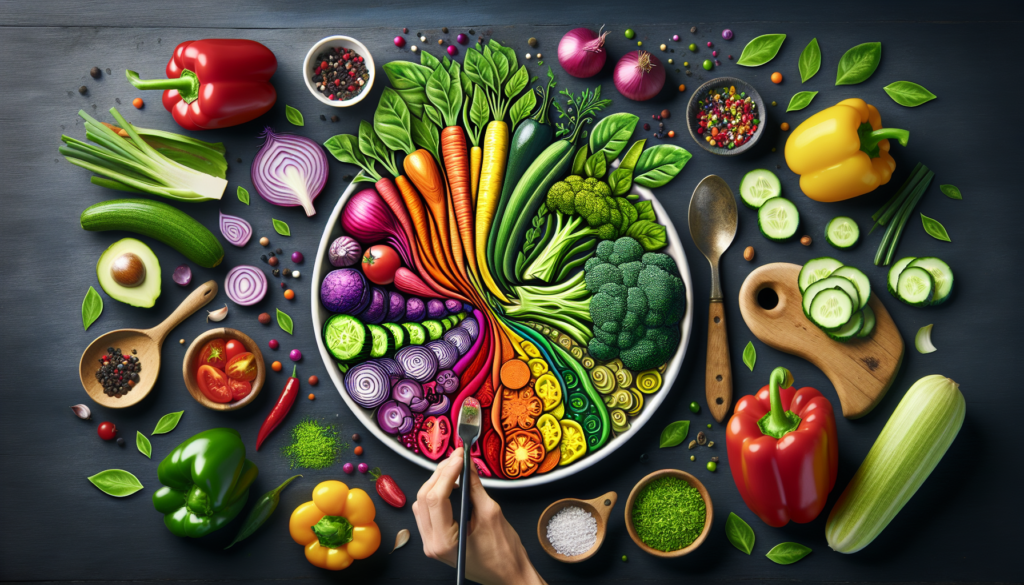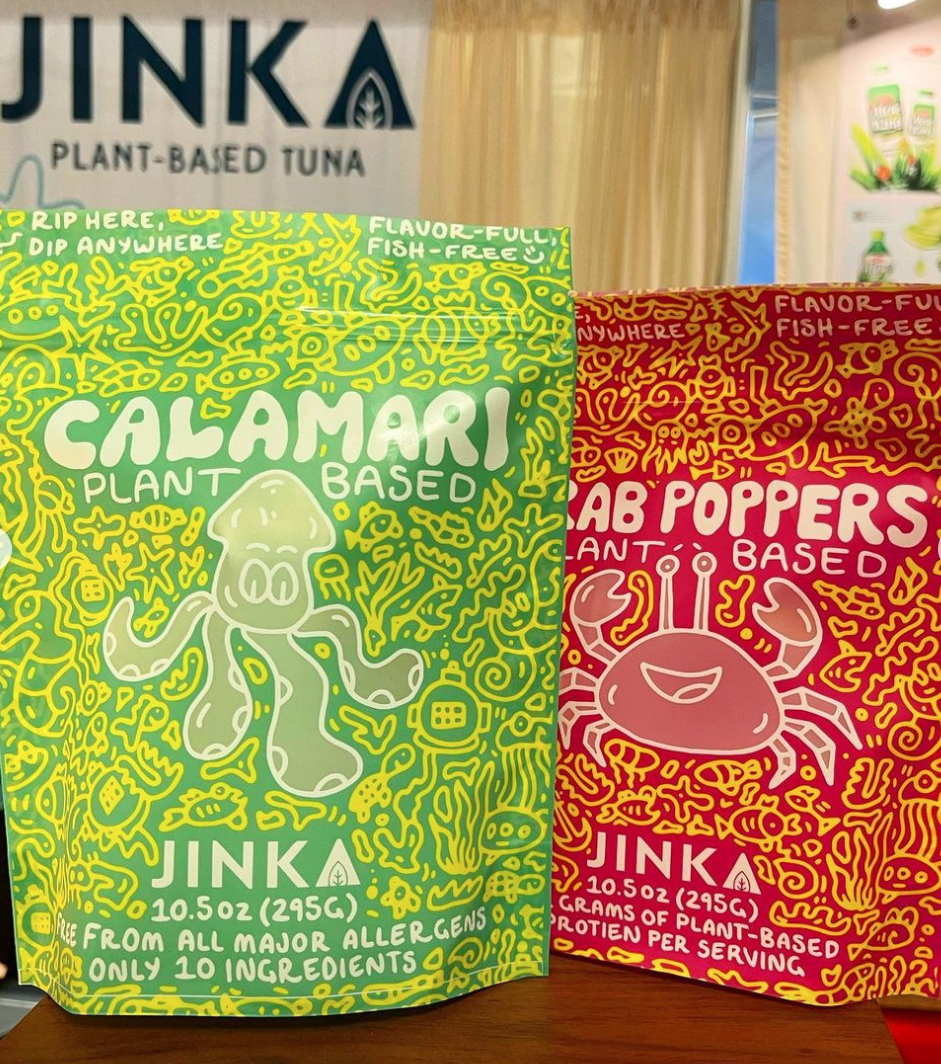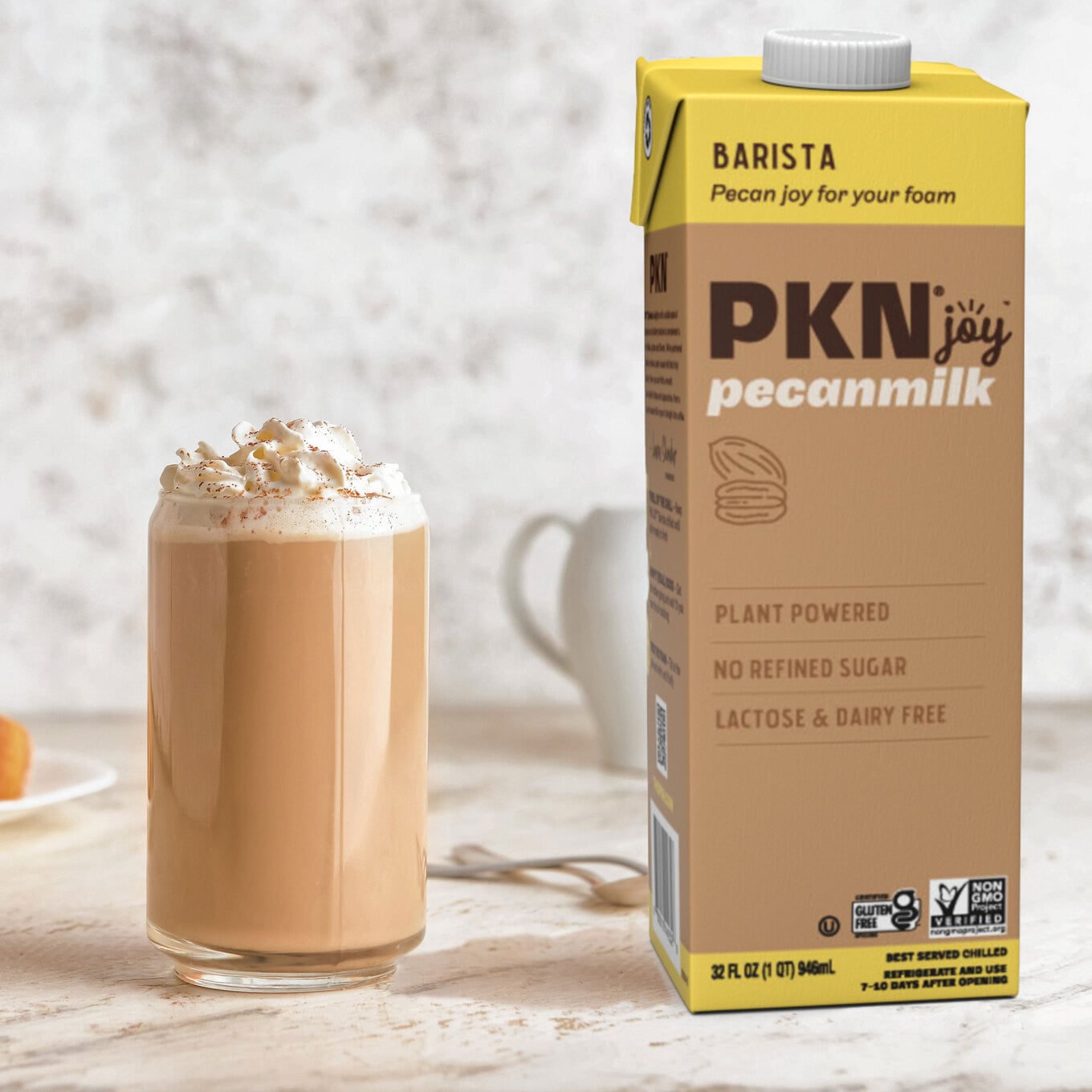Are you curious about adopting a vegan lifestyle? Look no further! This article will provide you with essential tips and guidance for starting your journey towards a plant-based diet. From outlining the reasons to embrace veganism to offering practical suggestions for grocery shopping and meal planning, we’ve got you covered. Whether you’re considering going vegan for health reasons, ethical concerns, or environmental sustainability, this article will be your trusted companion throughout this exciting adventure. Get ready to discover the joys of a vegan lifestyle and the positive impact it can have on your overall well-being.
Table of Contents
Reasons to Start a Vegan Lifestyle
Health Benefits
Starting a vegan lifestyle can have a multitude of health benefits. By avoiding animal products, you are reducing your intake of saturated fats and cholesterol, which can contribute to heart disease and high blood pressure. A vegan diet is rich in fiber, which aids digestion and promotes a healthy gut. Studies have also shown that vegans tend to have lower body mass index (BMI) and a reduced risk of obesity. Additionally, a plant-based diet can lower the risk of developing certain types of cancer, such as colon, breast, and prostate cancer.
Environmental Impact
Embracing a vegan lifestyle can have a significant positive impact on the environment. Animal agriculture is one of the leading causes of greenhouse gas emissions, deforestation, and water pollution. By choosing plant-based alternatives, you are reducing your carbon footprint and helping to mitigate climate change. Moreover, the production of meat and dairy requires vast amounts of water and land, contributing to water scarcity and habitat destruction. By eliminating animal products from your diet, you are making a conscious effort to protect our planet’s natural resources.
Ethical Considerations
Ethics play a crucial role in the decision to start a vegan lifestyle. By choosing a vegan diet, you are taking a stance against animal cruelty and exploitation. The meat and dairy industries often subject animals to inhumane living conditions and practices. By opting for plant-based alternatives, you are refusing to contribute to their suffering. Choosing a vegan lifestyle aligns with a compassionate mindset, where the well-being of all living beings is valued and respected.
Understanding Veganism
What is Veganism?
Veganism is a lifestyle that seeks to avoid the use of animal products to the greatest extent possible. It is a profound commitment to living a compassionate and ethical life by not only abstaining from eating meat and fish but also excluding dairy, eggs, honey, and any other products derived from animals. Veganism extends beyond just dietary choices and encompasses a dedication to ethical consumption in all aspects of life, including clothing, skincare, and household products.
Difference between Vegan and Vegetarian
While both vegans and vegetarians abstain from eating meat, there are key differences between the two lifestyles. Vegetarians typically include dairy, eggs, and sometimes honey in their diet, whereas vegans eliminate all animal-derived products entirely. Vegetarians often choose their diet for health or ethical reasons, while veganism is explicitly motivated by ethical considerations, including animal welfare, environmental impact, and sustainability.
Common Misconceptions
There are several misconceptions surrounding veganism that can discourage individuals from considering this lifestyle. One common misconception is that a vegan diet lacks essential nutrients, such as protein, iron, and vitamin B12. However, with proper planning and education, it is entirely possible to meet all nutritional requirements on a vegan diet. Another misconception is that veganism is expensive. While specialty vegan products may be pricier, a well-balanced vegan diet can be cost-effective by focusing on whole foods like grains, legumes, fruits, and vegetables. It is also important to note that veganism does not restrict flavor or enjoyment in food, as there are countless delicious plant-based alternatives available.

Transitioning to a Vegan Diet
Gradual Approach
One method of transitioning to a vegan diet is by taking a gradual approach. This involves gradually eliminating animal products from your diet over time. You can start by incorporating more plant-based meals into your routine and gradually reducing your intake of animal products. This approach allows your taste buds and body to adjust, making the transition easier and more sustainable in the long run.
Cold Turkey Approach
Another approach to transitioning to a vegan diet is the cold turkey approach. This involves immediately eliminating all animal products from your diet. While this approach may require more discipline and willpower initially, some individuals find it easier to make a clean break. It is important to plan meals ahead, stock your pantry with vegan alternatives, and educate yourself about nutrition to ensure you are meeting your body’s needs.
Seeking Professional Guidance
If you are unsure about how to transition to a vegan diet or have specific dietary concerns, it is advisable to seek professional guidance. Consulting with a registered dietitian who specializes in plant-based nutrition can provide personalized advice and support. They can help ensure you are meeting your nutritional needs, answer any questions or concerns you may have, and provide you with meal planning tips to make the transition easier.
Important Nutrients for Vegans
Protein Sources
One of the most common concerns about a vegan diet is obtaining enough protein. However, there are plenty of plant-based protein sources that can meet your daily protein requirements. Legumes such as lentils, chickpeas, and black beans are excellent sources of protein. Other protein-rich foods include tofu, tempeh, seitan, quinoa, nuts, and seeds. By incorporating a variety of these foods into your meals, you can easily meet your protein needs on a vegan diet.
Iron and B12 Sources
Iron and vitamin B12 are two important nutrients that may require special attention on a vegan diet. Iron is found in plant foods such as spinach, kale, lentils, and fortified cereals. To enhance iron absorption, consuming vitamin C-rich foods, such as citrus fruits or bell peppers, alongside iron-rich foods is recommended. Vitamin B12, which is primarily found in animal products, can be obtained through fortified plant-based milk, nutritional yeast, and supplements. It is essential to monitor your iron and B12 levels regularly and consult with a healthcare professional if necessary.
Omega-3 Fatty Acids
Omega-3 fatty acids are crucial for heart health and brain function. While they are commonly associated with fish, they can be obtained from plant-based sources as well. Flaxseeds, chia seeds, hemp seeds, and walnuts are rich in omega-3 fatty acids. Additionally, algae-based supplements provide a vegan-friendly source of the essential fatty acid DHA, which is often found in fish oil.

Planning a Well-Balanced Vegan Diet
Variety of Fruits and Vegetables
A well-balanced vegan diet should include a variety of fruits and vegetables to ensure you are getting a wide range of vitamins, minerals, and antioxidants. Aim to incorporate different colors and types of produce into your meals, such as leafy greens, berries, citrus fruits, cruciferous vegetables, and root vegetables. By diversifying your plant-based plate, you will maximize the nutritional benefits.
Whole Grains and Legumes
Whole grains and legumes are excellent sources of complex carbohydrates, protein, and fiber. Quinoa, brown rice, oats, barley, and whole wheat bread are examples of nutritious whole grains that can be included in your vegan diet. Similarly, legumes like lentils, chickpeas, black beans, and kidney beans provide a substantial amount of plant-based protein and are versatile ingredients in various dishes.
Incorporating Nuts and Seeds
Nuts and seeds not only add flavor and texture to meals but also provide essential healthy fats, protein, and micronutrients. Almonds, cashews, flaxseeds, chia seeds, and pumpkin seeds are great options to incorporate into your vegan diet. You can sprinkle them on salads, blend them into smoothies, or use them as toppings for oatmeal or vegan yogurt.
Supplementing with Vitamins
While a well-planned vegan diet can provide most of the necessary nutrients, some individuals may benefit from supplementing certain vitamins or minerals. Vitamin D, which is primarily obtained through sunlight exposure and fortified dairy products, may require supplementation, especially in areas with limited sun exposure. Additionally, omega-3 fatty acids derived from algae-based supplements can ensure an adequate intake. If you have any concerns about specific nutrient deficiencies, it is best to consult with a healthcare professional or registered dietitian.
Navigating Social Situations
Eating Out at Restaurants
Eating out at restaurants as a vegan can be a breeze with a little preparation and communication. Before dining out, do some research and find vegan-friendly restaurants in your area or browse menus online. You can also call ahead to inquire about vegan options or request modifications to existing dishes. If the restaurant doesn’t offer any vegan options, don’t be afraid to ask the chef to create something vegan for you. Many chefs are accommodating and willing to cater to dietary preferences.
Attending Social Gatherings
Attending social gatherings can sometimes be challenging as a vegan, but there are ways to navigate these situations smoothly. Firstly, inform the host in advance about your dietary restrictions and offer to bring a vegan dish to share. This ensures that you have at least one vegan option available. If there are limited vegan options, avoid making a fuss and focus on the vegan-friendly foods that are available. You can also eat a snack before the gathering to ensure you are not hungry and bring some vegan snacks for yourself, just in case.
Educating and Informing Others
As a vegan, you may encounter questions or skepticism from friends, family, or coworkers about your lifestyle choice. Instead of becoming defensive, approach these conversations with patience and openness. Educate yourself about the benefits of a vegan lifestyle and be prepared to answer questions with factual information. Share your experiences, success stories, and delicious vegan recipes to inspire others. By remaining friendly and informative, you can help dispel misconceptions and encourage others to consider a vegan lifestyle.
Vegan Recipe Ideas
Breakfast
Start your day with a nutritious and delicious vegan breakfast. Enjoy a bowl of oatmeal topped with berries, nuts, and a drizzle of maple syrup. Whip up a batch of vegan pancakes or waffles and serve them with fresh fruit and a dollop of dairy-free yogurt. For a savory option, prepare a tofu scramble with vegetables and spices, served alongside whole wheat toast.
Lunch
There are endless possibilities for satisfying vegan lunches. Create a vibrant and filling salad with mixed greens, roasted vegetables, avocado, and a homemade dressing. Make a hearty sandwich or wrap using hummus, grilled vegetables, and leafy greens. Prepare a nourishing bowl of soup using legumes, vegetables, and whole grains. Leftover dinner from the night before can also make a quick and easy lunch option.
Dinner
Dinnertime is an opportunity to explore various flavors and plant-based proteins. Enjoy a comforting bowl of vegan chili made with beans, tomatoes, and spices, served with a side of cornbread. Prepare a stir-fry using tofu, tempeh, or seitan and a medley of colorful vegetables. Indulge in a plant-based lasagna layered with vegan cheese, marinara sauce, and roasted vegetables. For a lighter option, toss together a fresh and vibrant salad with mixed greens, fruits, nuts, and a tangy vinaigrette.
Snacks and Desserts
Snacking can be guilt-free and delicious on a vegan lifestyle. Munch on fresh fruit, carrot sticks, or celery with hummus for a refreshing and nutritious snack. Make homemade energy balls using dates, nuts, and seeds for a satisfying sweet treat. Satisfy your chocolate cravings with dark chocolate or whip up a batch of vegan brownies using ingredients like avocado, black beans, or bana





